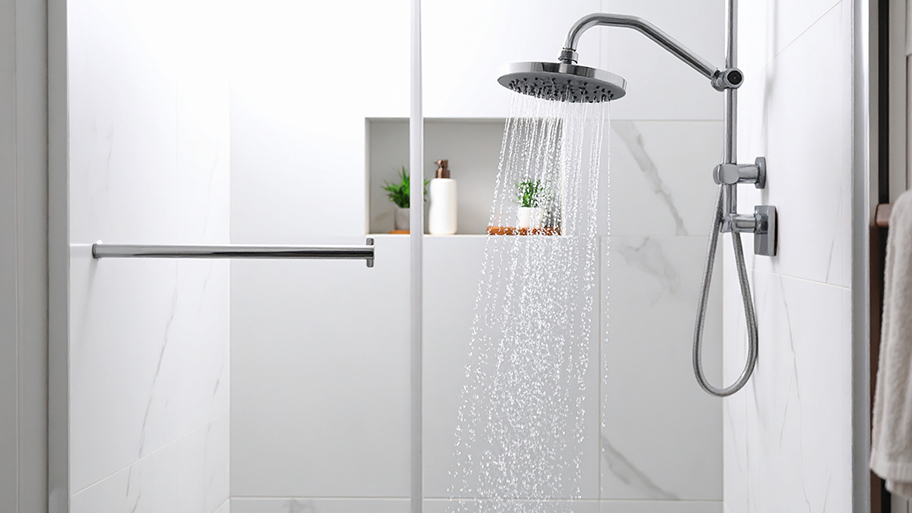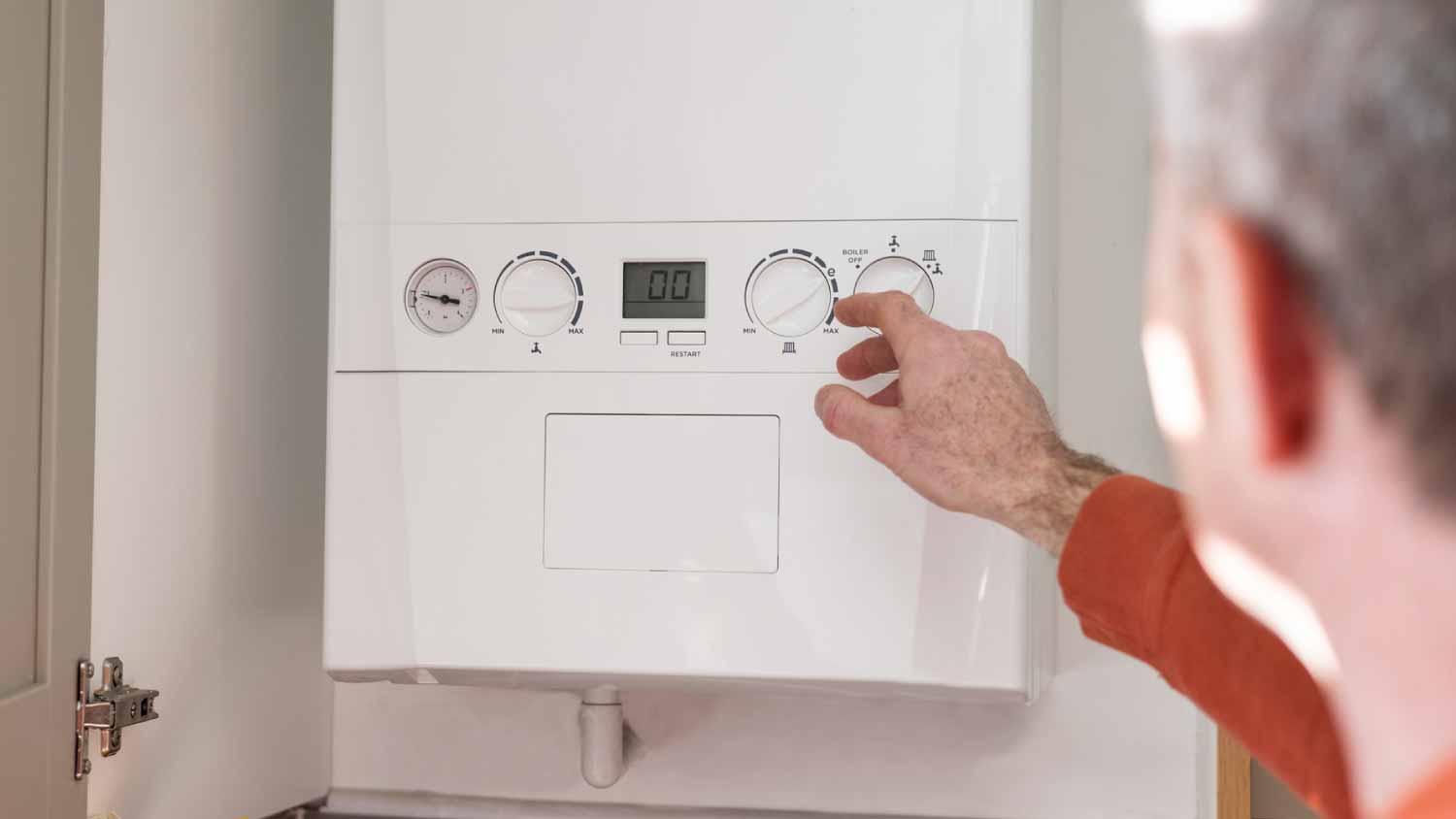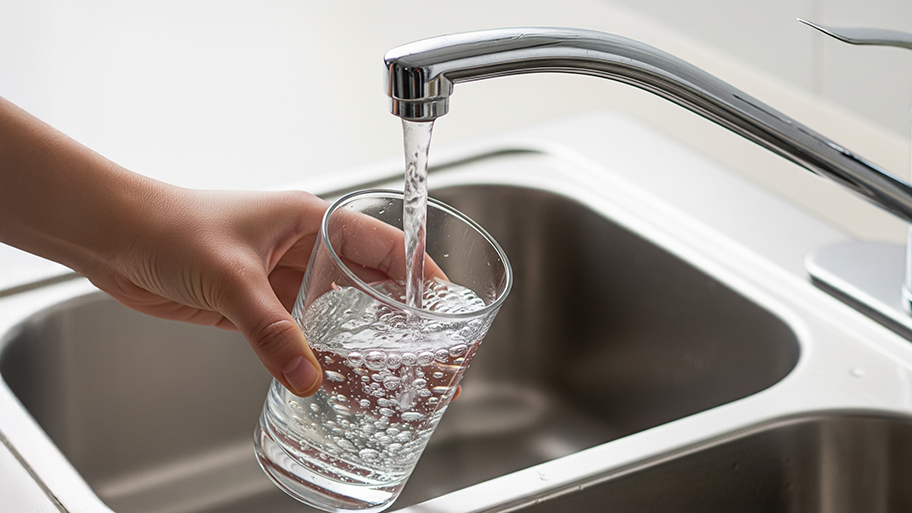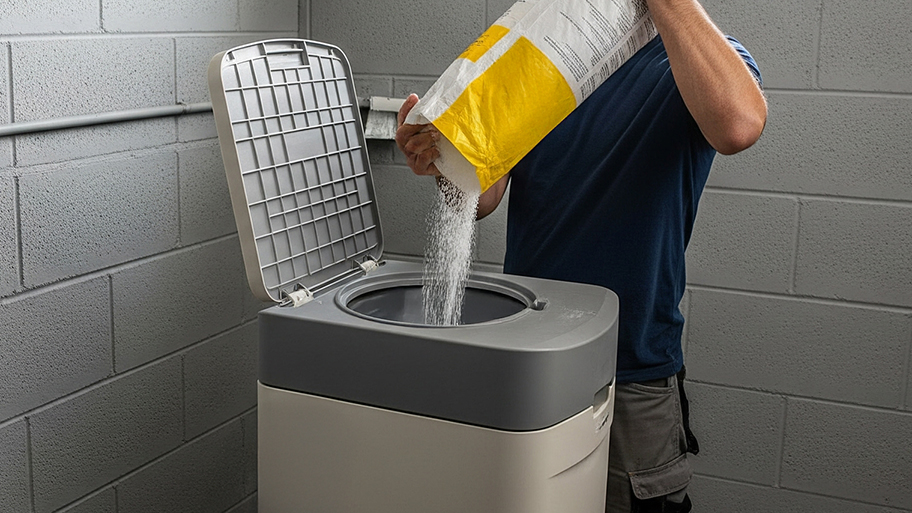
Water softener repair costs can add up, but they’re almost always worthwhile. Use this guide to see what your project is going to cost before you get started.
When you see all the benefits, this decision becomes a no-brainer


A tankless water heater can last over 20 years when combined with a water softener.
Water softener installation ranges from $200 to $6,000.
With a water softener, you can descale a water heater every three to five years rather than yearly.
Water softeners and tankless water heaters are often unsung heroes of our households, working hard to remove hard water and provide hot water to our faucets and fixtures in an instant. But if you only have a tankless water heater, do you really need a water softener, too? Here’s why you should consider installing a water softener for a tankless water heater.
If you want to save money and energy in the long run, then a water softener for a tankless water heater is a good investment.
Because water softeners remove minerals like calcium and magnesium from water, installing one of these units in your home means less limescale buildup in the tankless water heater and the connected pipes. Over time, limescale buildup can cause the tankless water heater to work less efficiently, so it will consume more energy and its parts will wear down faster.

There are many water softener benefits for your whole house. They keep your shiny faucets in good condition and help your appliances, like the dishwasher and washing machine, work more efficiently. But what about when it comes to a tankless water heater? As it turns out, there are many pros to having a dedicated water softener for a tankless water heater.
A tankless water heater’s life span is 20 years on average, which is far longer than a standard water heater with a tank. But if you actually want your water heater to make it to its 20th birthday or beyond, a water softener is a key companion. A softener reduces hard mineral buildup in your plumbing, allowing your tankless water heater to continue working as efficiently as possible.
The major benefit of a tankless water heater is that it provides hot water on demand. But if your tankless water heater is up against some mineral buildup, you may be waiting a while for that hot water to arrive because the limescale makes it harder for the heating element to do its job. Even if you’re still getting hot water quickly, it could be at the expense of your tankless water heater because its parts will wear out and need repairs or replacements more frequently.
Your hot water heater helps provide the hot water your dishwasher or kitchen faucet needs to clean food residue off dishes. But if the tankless water heater is using hard water, the hard water will clean away food debris only to leave behind stains. With a water softener for your tankless water heater, you can enjoy truly clean, shiny dishware without the water spots.
While savvy DIYers can descale a tankless water heater themselves, the process takes about 90 minutes of your free time and can cost up to $300. When you have a water softener for your tankless water heater, you won’t need to worry about manually descaling the water heater as often.
It’s much easier to refill the brine tank of a water softener with salt every month or two than it is to descale the water heater yourself. You need to descale a tankless water heater once per year without a water softener, but if you have a softener, you can descale once every three to five years.
Water softener installation costs $200 to $6,000, depending on the type, the unit’s capacity, your household size, average water usage, and other factors. An ion exchange water softener costs $500 to $1,700 for a single-tank system or up to $5,000 for a dual-tank system. A salt-free system costs $800 to $4,000.
Keep in mind that while water softeners do require an up-front investment for parts and installation, they can save you time and money in appliance and plumbing repairs for many years to come. If you’re ready to start enjoying the benefits of a water softener in your home, you’ll need to hire a local water softener installation company to handle installing your new unit.
Austin was amazing and great to work with. Very accommodating to our requests . And helpful with questions we had. Trustworthy hard worker. Highly recommend.
I love how they got my garage door fixed so quick and it has not given me any problems on my door ever since. He did an amazing job. recommended
From average costs to expert advice, get all the answers you need to get your job done.

Water softener repair costs can add up, but they’re almost always worthwhile. Use this guide to see what your project is going to cost before you get started.

On average, a reverse osmosis water filter costs around $2,200, but there are a few variables that impact the total price. Learn about them in this guide.

How much a water softener costs depends on your home’s size, and the system’s type and capacity. Our expert guide explores all the price factors.

Here are the top questions about water treatment and purification systems you should ask a contractor before adding one to your home.

When it comes to reverse osmosis versus filtered water for your household’s needs, both have clear advantages. See which one fits your home here.

While not all symptoms of too much chlorine in water are cause for concern, there are times when you should call a pro. Get the details in this article.